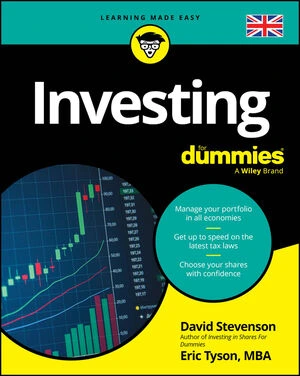Here, a region is defined as a concentrated population base (rather than an entire state or section of the country). Data for any larger geographic area would be difficult to use for the types of real estate investments you’ll be making. For example, data for the state of Texas isn’t as important as vital economic trends for your proposed investment in the Houston area.
Gathering and analyzing the relevant economic data has never been easier, thanks to the Internet. The most important data for population growth, job growth, and economic trends is available online, and there are numerous entities tracking this information. From the federal government to state and local governments to universities and business groups, information on regional economic trends is readily available.
In addition to the academic and governmental agencies that provide broader economic indicators, several private firms specialize in providing specific data on occupancy, availability, and rental rates for different types of real estate for many of the major cities throughout the country. These services offer limited information to non-subscribers.
For example, two of our favorites with a national perspective are the CoStar Group and Situs RERC There are many smaller firms that specialize in specific geographic areas, like MarketPointe Realty Advisors, which focuses on Southern California, or Yardi Matrix, which focuses on larger apartment communities of 50 or more units throughout most major metropolitan areas of the country.Check with real estate investment professionals that hold the Certified Commercial Investment Member (CCIM) designation in your area, because they have access to the excellent CCIM Institute’s Site to Do Business (STDB).
You can find the vital economic data you need for your evaluation through your local economic development department, chamber of commerce, or public library. Real estate lenders often have in-house economists that collect information concerning areas where they lend money, and these folks are often the first to detect weaknesses in the market. So if your lender isn’t particularly enamored about the location for your proposed real estate investment, it probably knows something that you should heed. Also, contact a professional appraiser in your area, because they routinely collect this information for their appraisals.
These sources collect, record, analyze, and report information according to specific geographic boundaries as established by the federal government. The U.S. government divides urbanized areas of the country into Standardized Metropolitan Statistical Areas (SMSA). SMSAs are large areas that consist of one or more major cities.For example, the entire San Francisco Bay Area, the combined areas of Dallas and Fort Worth, Greater Los Angeles, and Greater New York City are each a single SMSA.
If your proposed investment isn’t in an area tracked as part of an SMSA, much of the same information is available, but you have to do a little more digging.
You’re looking for more than just numbers. Attitude and leadership are important as well. Many neighboring cities are work with regional planning boards and economic development agencies. Their goal is job creation, and they possess great powers to make important economic decisions regarding regional airports, mass transportation, and the reuse of surplus military installations. Clearly, such regional governance can have a major impact for better or worse on your real estate investments.
You’re looking for a region or area that is growing and has a diverse economic base with strong employment prospects.





